Georgia licks wounds one year on
Mikheil Saakashvili appears less flustered than the man filmed last year being shielded by his minders on a Gori street as Russian fighter jets flew overhead.
Saturday, 08.08.2009.
12:39

Mikheil Saakashvili appears less flustered than the man filmed last year being shielded by his minders on a Gori street as Russian fighter jets flew overhead. That was at the height of the five-day war with Russia, a conflict disastrous for the Georgian president's country and, arguably, one which did little for his image. Georgia licks wounds one year on The beginnings of the war are still disputed, but what is known is that Saakashvili's attempt to retake control of the breakaway region of South Ossetia by force on 7 August 2008 was met with a heavy response by the Russian military. "It was the worst time for a small country to get attacked, just on the first day of the Olympics, just when no one cares what happened here," he said in an exclusive interview with the BBC. But some analysts believe the war made the West change its opinion of Saakashvili, once lauded by Western states as the champion of a young post-Soviet democracy. "Definitely the West has lost patience with Saakashvili," said Tom de Waal, research associate at the London-based think tank Conciliation Resources. "It has been a huge turnaround. He was once feted in European and Western capitals. [Several] months ago when he turned up at a security seminar, some people were actually avoiding him." But, he argues, it is too soon to write Saakashvili's political obituary. "He was over-praised before," said de Waal. "Now he is being over-condemned." No illusions Aside from Saakashvili's international reputation, most analysts agree the war had an impact on Georgia's global standing, and certainly the speed with which Georgia will gain promised membership of NATO. "I think over the next few years even the more enthusiastic supporters of NATO membership here are going to realise that [NATO membership] is not going to happen," said Lawrence Sheets, Caucasus programme director for the International Crisis Group. Saakashvili said of the prospect of joining the alliance: "It has always been a long-term process. We were under no illusions about that." He expressed disappointment that the West had not done more to alleviate Georgia's humanitarian crisis a year ago, "no matter what would be the practical considerations". "Certainly that would have been for me, so far, the biggest source of a certain level of deception." Domestic fallout? While Georgia's effective loss of territory was damaging for the country's international standing, it has not, perhaps, turned out to be the political disaster many in Georgia were predicting earlier this year. In April 2009, thousands of opposition supporters took to the streets calling for the Georgian president to resign. But their protests failed to bring about the early elections they so desired. Saakashvili is still in power. "I love Misha," said Nora, 47, who lives in the village of Dzria, close to the South Ossetian boundary. "He protected us, he would protect us again." But Marika, a Tbilisi resident, appeared to speak for many when she said: "Our president has made a number of mistakes, but we cannot blame him for all our troubles." Saakashvili may have escaped the most recent threat to his political establishment, but his country is still scarred economically by the crisis. The economy is forecast to shrink by 1.5 percent in 2009 and GDP fell 5 percent in the first quarter of this year. Of the USD 4.5bn pledged by the international donors conference after the war, around a third has arrived. But the crisis seems to be affecting those who now depend on that aid money - and on the state - for support. "Life was much better when we lived in our villages in South Ossetia. At least there we were able to farm our land to make a living. Now we grow just a few crops to feed ourselves," said Valeri, a resident in Tserovani. He is one of 25,000 people still living in purpose-built homes for those displaced by last summer's conflict. War of words On the anniversary of war, tension between Georgia and Russia appears to have risen again, just as the international community urges calm. In recent days the two neighbours have become locked in a war of words accusing each other of provocations and cross-border shellfire. For his part, Saakashvili - whose second, and final, term of office runs out at the beginning of 2013 - seems determined to move on. "What will be the big success for us will be if Georgia manages to transform itself into a successful democracy with some economic success," he said. "Then that would send a powerful message to Georgians about its miraculous survival." He seemed in a resurgent mood, perhaps hopeful that this might rub off on the rest of the country, one year after the war.
Georgia licks wounds one year on
The beginnings of the war are still disputed, but what is known is that Saakashvili's attempt to retake control of the breakaway region of South Ossetia by force on 7 August 2008 was met with a heavy response by the Russian military."It was the worst time for a small country to get attacked, just on the first day of the Olympics, just when no one cares what happened here," he said in an exclusive interview with the BBC.
But some analysts believe the war made the West change its opinion of Saakashvili, once lauded by Western states as the champion of a young post-Soviet democracy.
"Definitely the West has lost patience with Saakashvili," said Tom de Waal, research associate at the London-based think tank Conciliation Resources.
"It has been a huge turnaround. He was once feted in European and Western capitals. [Several] months ago when he turned up at a security seminar, some people were actually avoiding him."
But, he argues, it is too soon to write Saakashvili's political obituary.
"He was over-praised before," said de Waal. "Now he is being over-condemned."
No illusions
Aside from Saakashvili's international reputation, most analysts agree the war had an impact on Georgia's global standing, and certainly the speed with which Georgia will gain promised membership of NATO."I think over the next few years even the more enthusiastic supporters of NATO membership here are going to realise that [NATO membership] is not going to happen," said Lawrence Sheets, Caucasus programme director for the International Crisis Group.
Saakashvili said of the prospect of joining the alliance: "It has always been a long-term process. We were under no illusions about that."
He expressed disappointment that the West had not done more to alleviate Georgia's humanitarian crisis a year ago, "no matter what would be the practical considerations".
"Certainly that would have been for me, so far, the biggest source of a certain level of deception."
Domestic fallout?
While Georgia's effective loss of territory was damaging for the country's international standing, it has not, perhaps, turned out to be the political disaster many in Georgia were predicting earlier this year.In April 2009, thousands of opposition supporters took to the streets calling for the Georgian president to resign. But their protests failed to bring about the early elections they so desired. Saakashvili is still in power.
"I love Misha," said Nora, 47, who lives in the village of Dzria, close to the South Ossetian boundary. "He protected us, he would protect us again."
But Marika, a Tbilisi resident, appeared to speak for many when she said: "Our president has made a number of mistakes, but we cannot blame him for all our troubles."
Saakashvili may have escaped the most recent threat to his political establishment, but his country is still scarred economically by the crisis.
The economy is forecast to shrink by 1.5 percent in 2009 and GDP fell 5 percent in the first quarter of this year. Of the USD 4.5bn pledged by the international donors conference after the war, around a third has arrived.
But the crisis seems to be affecting those who now depend on that aid money - and on the state - for support.
"Life was much better when we lived in our villages in South Ossetia. At least there we were able to farm our land to make a living. Now we grow just a few crops to feed ourselves," said Valeri, a resident in Tserovani.
He is one of 25,000 people still living in purpose-built homes for those displaced by last summer's conflict.
War of words
On the anniversary of war, tension between Georgia and Russia appears to have risen again, just as the international community urges calm.In recent days the two neighbours have become locked in a war of words accusing each other of provocations and cross-border shellfire.
For his part, Saakashvili - whose second, and final, term of office runs out at the beginning of 2013 - seems determined to move on.
"What will be the big success for us will be if Georgia manages to transform itself into a successful democracy with some economic success," he said.
"Then that would send a powerful message to Georgians about its miraculous survival."
He seemed in a resurgent mood, perhaps hopeful that this might rub off on the rest of the country, one year after the war.






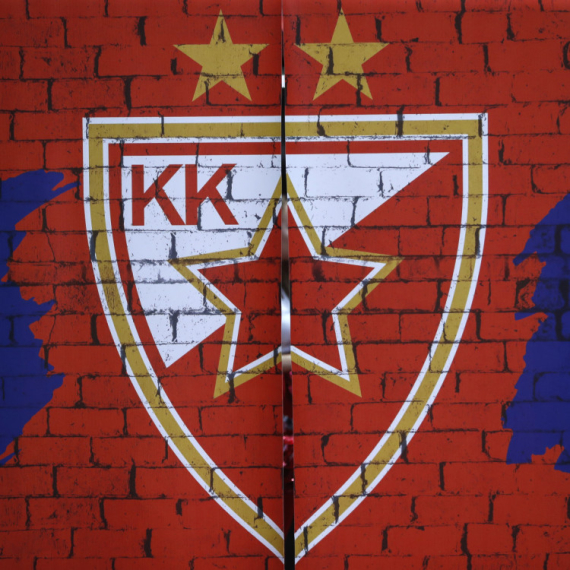




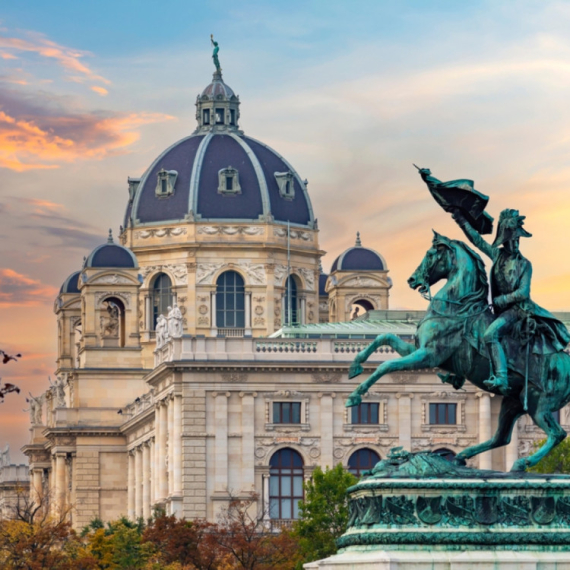
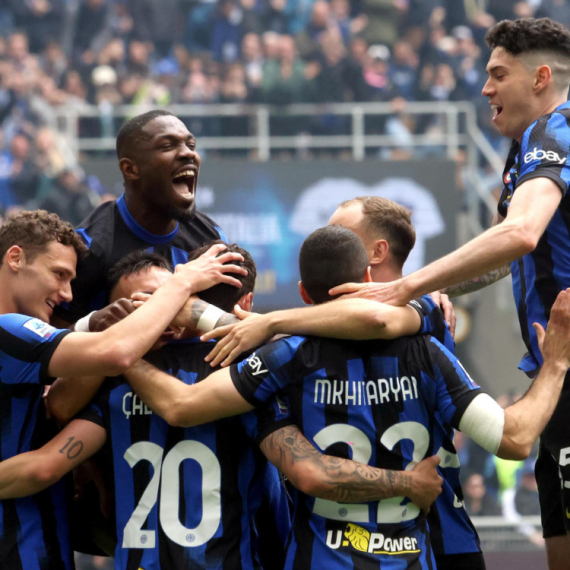
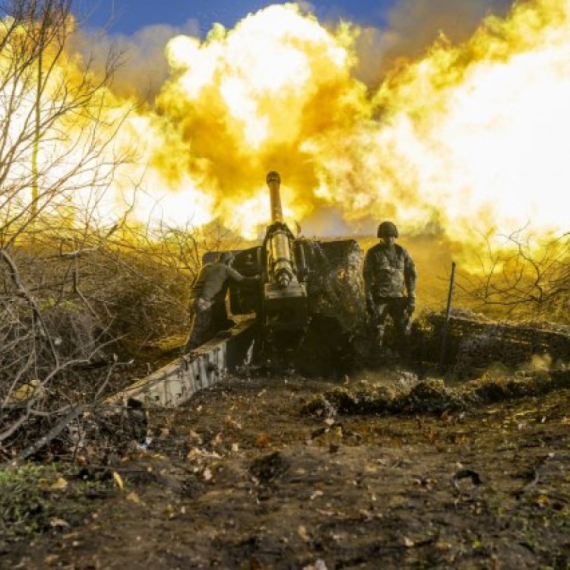
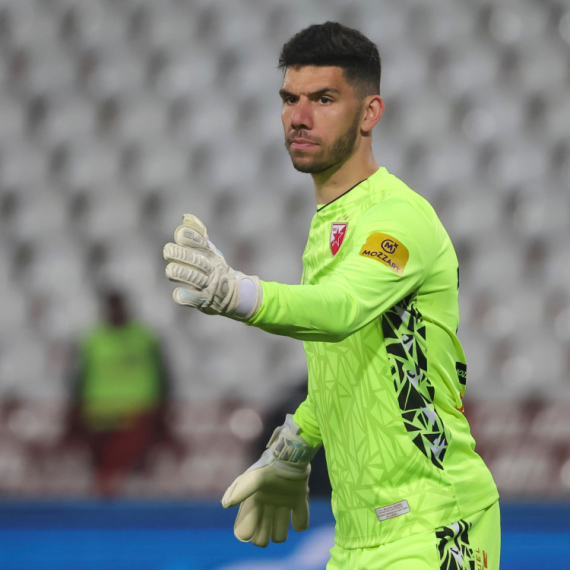

Komentari 2
Pogledaj komentare